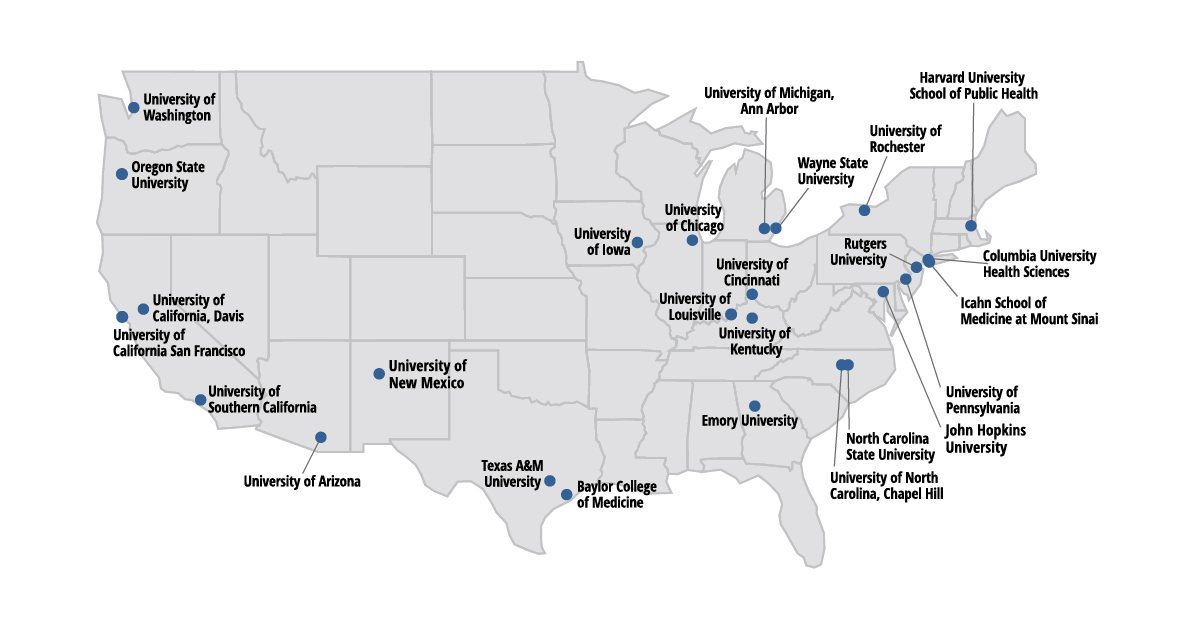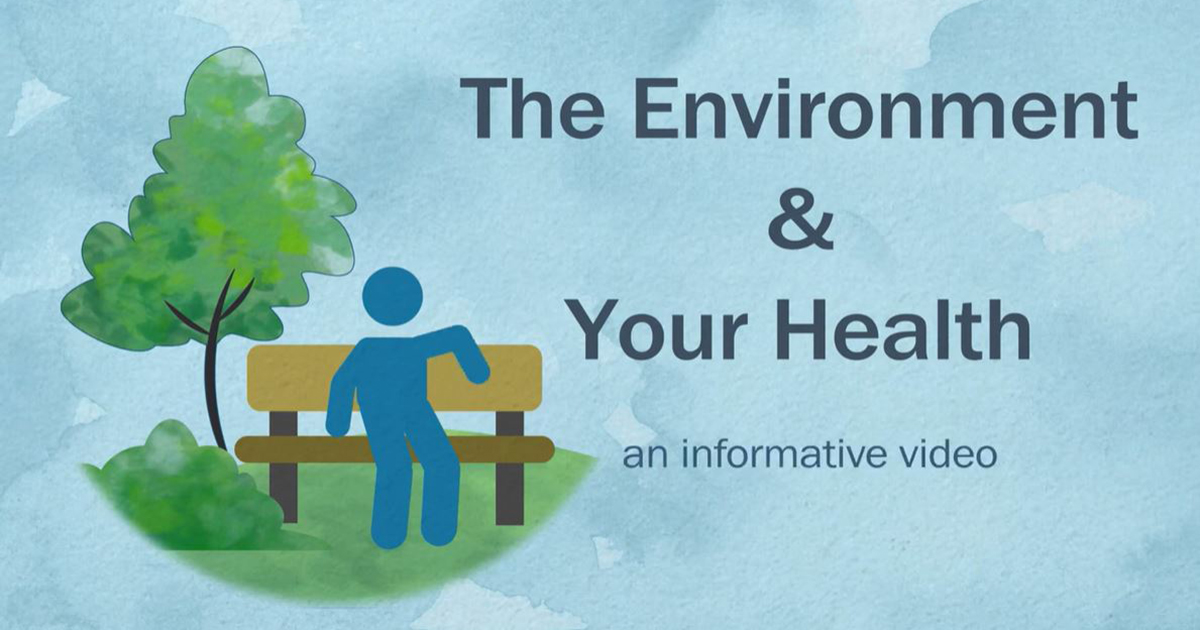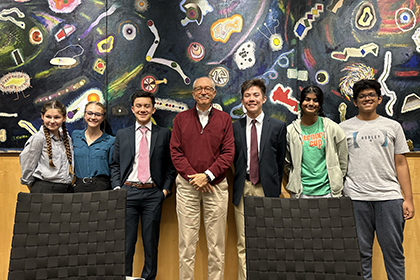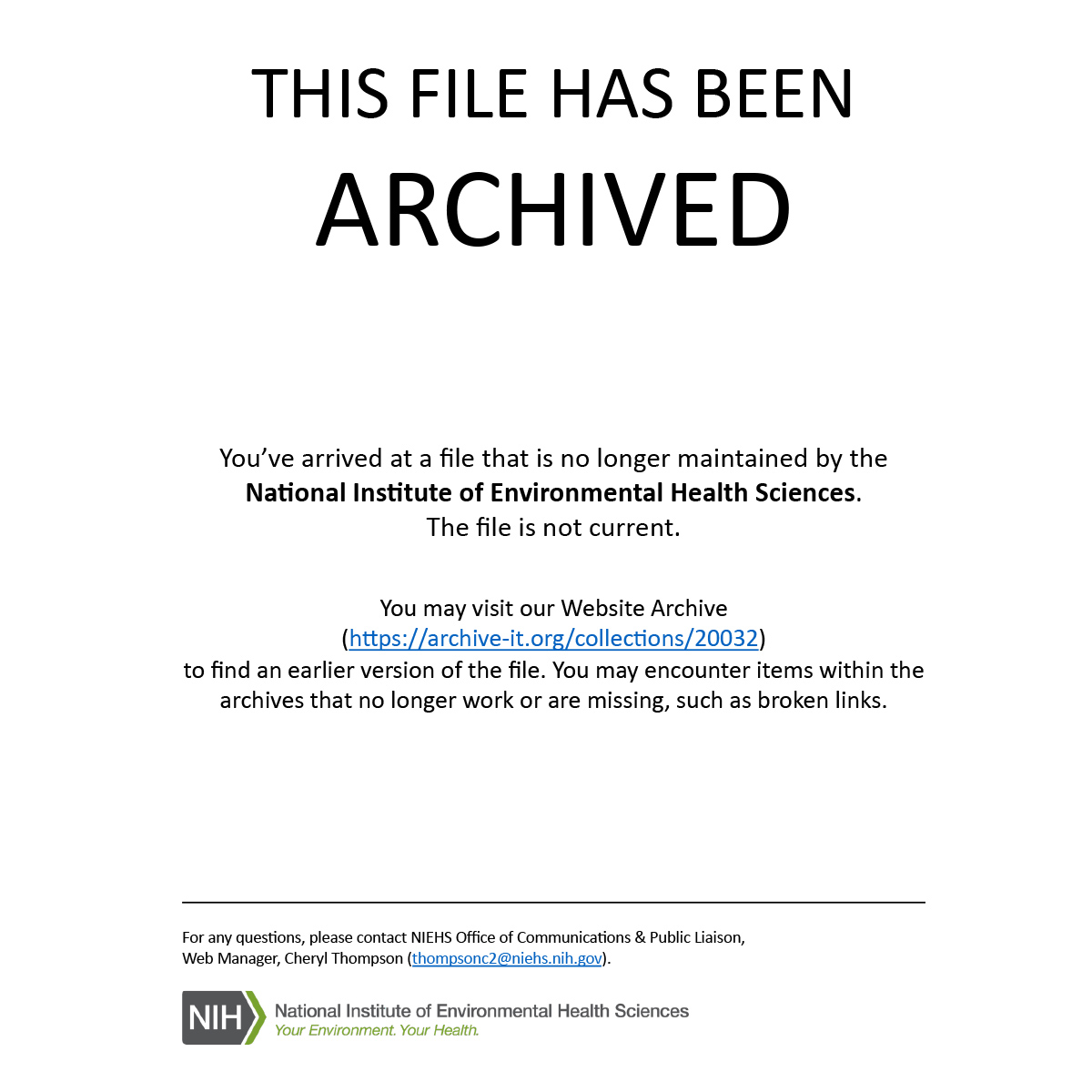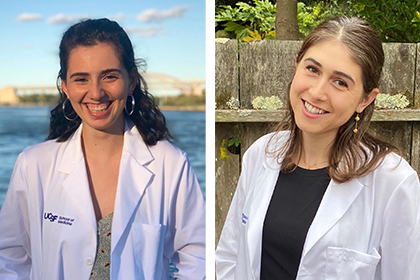Scientific collaboration and cutting-edge technologies can advance environmental health sciences. The NIEHS Environmental Health Sciences (EHS) Core Centers Program facilitates these collaborations by funding institutional infrastructure to support scientific equipment, facilities, and other resources that can be shared among environmental health researchers. By pursuing shared research questions, the EHS Core Centers identify emerging issues that advance understanding about how pollutants and other environmental factors affect human biology and may lead to disease.
Currently, there are more than 20 centers across the country. Each center has its own strategic vision and scientific focus, but all share four common goals: advancing scientific research; promoting community engagement; advancing translational research; and training new researchers.
-

A video produced by the NIEHS-funded Environmental Health Sciences Core Center at Oregon State University provides an accessible way to introduce the field of environmental health to students and community members.
-

Researchers at the NIEHS-funded Environmental Health Sciences Core Center at the University of Washington conducted a survey with residents in Seattle’s Duwamish Valley to find out community priorities, strengths, and needs regarding climate change. The team published their findings in an online story map, and the information will advise actions to build climate resilience in the Duwamish Valley.
-

Researchers from NIEHS Environmental Health Sciences Core Centers stood out at the 2024 Society of Toxicology (SOT) conference, held March 10-14 in Salt Lake City, Utah.
-
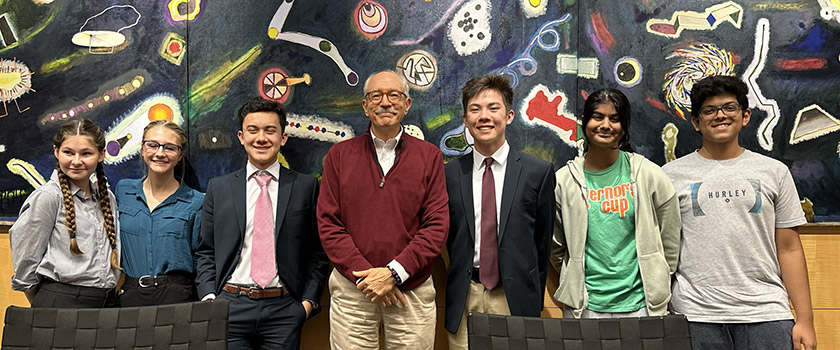
Scientists from the NIEHS-funded Environmental Health Sciences Core Center at the University of Louisville teamed up with high school students to collect and test water samples for PFAS.
-

Scientists from the NIEHS-funded Environmental Health Sciences Core Centers at Harvard University and Columbia University are studying the factors that influence hair product use and how exposure to chemicals in these products may contribute to environmental health disparities among Black women.
-

Marilyn Howarth, M.D., discusses factors that contribute to high lead exposure in urban areas in an October 2023 NIEHS podcast. She also shares ways to reduce lead exposure at home and at the community level.Howarth directs Community Engagement Core within the University of Pennsylvania’s NIEHS-funded Center of Excellence in Environmental Toxicology.
-

The NIEHS-funded Environmental Health Sciences Core Center at the University of California, San Francisco, created a program to help future doctors and nurses identify and treat environmental health issues in their patients.
The mission of the National Institute of Environmental Health Sciences is to discover how the environment affects people in order to promote healthier lives.
The mission of the National Institute of Environmental Health Sciences is to discover how the environment affects people in order to promote healthier lives.
Funded by NIEHS | Search a directory of NIEHS funded environmental health sciences core centers
A video produced by the NIEHS-funded Environmental Health Sciences Core Center at Oregon State University provides an accessible way to introduce the field of environmental health to students and community members.
Researchers at the NIEHS-funded Environmental Health Sciences Core Center at the University of Washington conducted a survey with residents in Seattle’s Duwamish Valley to find out community priorities, strengths, and needs regarding climate change. The team published their findings in an online story map, and the information will advise actions to build climate resilience in the Duwamish Valley.
Researchers from NIEHS Environmental Health Sciences (EHS) Core Centers stood out at the 2024 Society of Toxicology (SOT) conference, held March 10-14 in Salt Lake City, Utah. Scientists from five centers received awards at the conference to honor their individual contributions in toxicology research, training, and education. In addition, many EHS Core Center trainees were recognized for their achievements at the meeting. Center researchers also moved beyond podiums and posters to share their research in the SOT TV 2024 video series.
When a high school chemistry teacher in western Kentucky learned about PFAS-contaminated water in her community, she wanted to encourage her students to help address this local environmental health issue. She connected with the NIEHS-funded Environmental Health Sciences Core Center at the University of Louisville, and together they developed a research project for students to collect and test water samples for PFAS.
Scientists from the NIEHS-funded Environmental Health Sciences (EHS) Core Centers at Harvard and Columbia University are studying the factors that influence hair product use and how exposure to chemicals in these products may contribute to environmental health disparities among Black women.
Marilyn Howarth, M.D., discusses factors that contribute to high lead exposure in urban areas in an October 2023 NIEHS podcast. She also shares ways to reduce lead exposure at home and at the community level.Howarth directs Community Engagement Core within the University of Pennsylvania’s NIEHS-funded Center of Excellence in Environmental Toxicology.
Healthcare professionals often feel unprepared to recognize and address how exposure to environmental contaminants affects patients’ health. To address this knowledge gap, the NIEHS-funded Environmental Health Sciences Core Center at the University of California, San Francisco created the Environmental Scholars Program. The program helps future doctors and nurses identify and treat health issues stemming from environmental exposures and a changing climate.The program helps doctors and nurses identify and address health issues stemming from environmental exposures and a changing climate.


